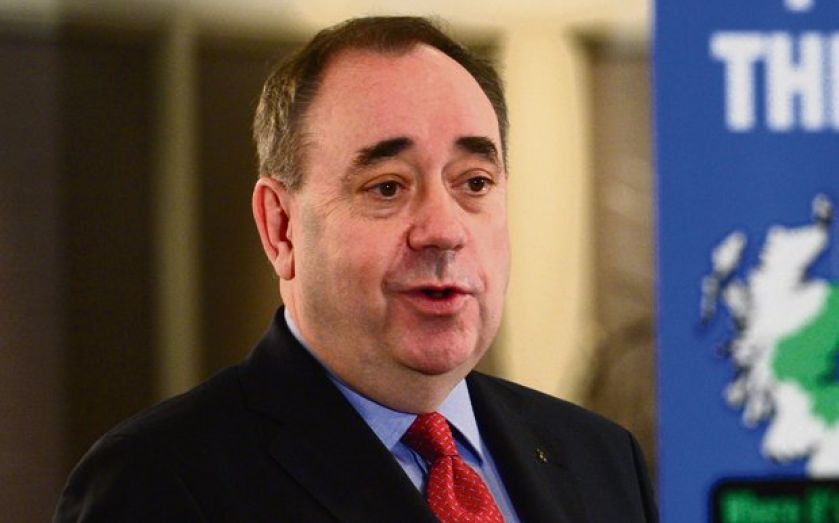Scottish nationalist failures have spooked business. EU outers beware

SHELL, Lloyds and Barclays have joined Standard Life and Sainsbury’s in warning about the consequences for their businesses of Scottish independence. Uncertainty for business about the implications of a vote to leave the UK appears to be harming Scottish prospects already, even though opinion polls suggest the risk that Scotland votes to leave the UK is remote.
There are important lessons to be drawn for any forthcoming referendum on the UK’s leaving the EU. The key arguments against Scotland leaving the UK ought to be emotional, fraternal and constitutional. Scotland’s flourishing as a nation – including those great things for which it is famous in philosophy, economics, finance, technological invention, military heroism and colonial administration – all occurred as part of Britain. It would be terrible for Britain and for Scotland to sever our fraternal bonds.
But although Scotland’s departure from the UK would be a constitutional and historical disaster, it need not be an economic disaster. An economy of Scotland’s size, breadth, and position in the world, with strong modern industries in key sectors well-placed for future growth, should be able to do very well in today’s global economy. Business should see at least as much opportunity as threat in Scotland’s leaving the UK. That, instead, so many businesses see only downside is a reflection of the failures of the independence movement.
The truth is that the Scottish independence movement has no credible plan for how to organise the economy post-independence. It claims it will have a currency union with the rest of the UK, even though all major politicians from the rest of the UK say it will not. It claims it will have automatic membership of the EU and will not have to negotiate as a new entrant (thereby giving up any share in the UK’s rebate or its opt-outs from the euro or the Schengen area), even though senior European Commission and European Council figures say that isn’t so. Business knows what the Scottish independence movement is against – the UK. Much less clear or credible is what it is in favour of instead.
This illustrates an important risk for the Out campaign on the EU. Though not clear or credible, Scottish nationalists at least have some story of what life outside the UK would involve – e.g. they propose to join the EU. For all the talk of what our post-EU relationship with the EU itself might be like, that is the least interesting question for business. Regarding the rest of the world, the Out campaign offers no real tale at all of what alternative to the EU is proposed. Could we re-heat the Commonwealth? Would we seek new alliances – say with Canada and Australia? Would we hope to join the North American Free Trade Agreement? Would we simply be alone in the world, like a Switzerland?
If the Out EU campaign offers no story, it runs the risk that – as in Scotland now – business becomes spooked. Businesses need to make concrete plans, and it’s not enough for them to know what referendum campaigners are against. Investors need a credible set of scenarios for what might be done instead.
Andrew Lilico is chairman of Europe Economics.